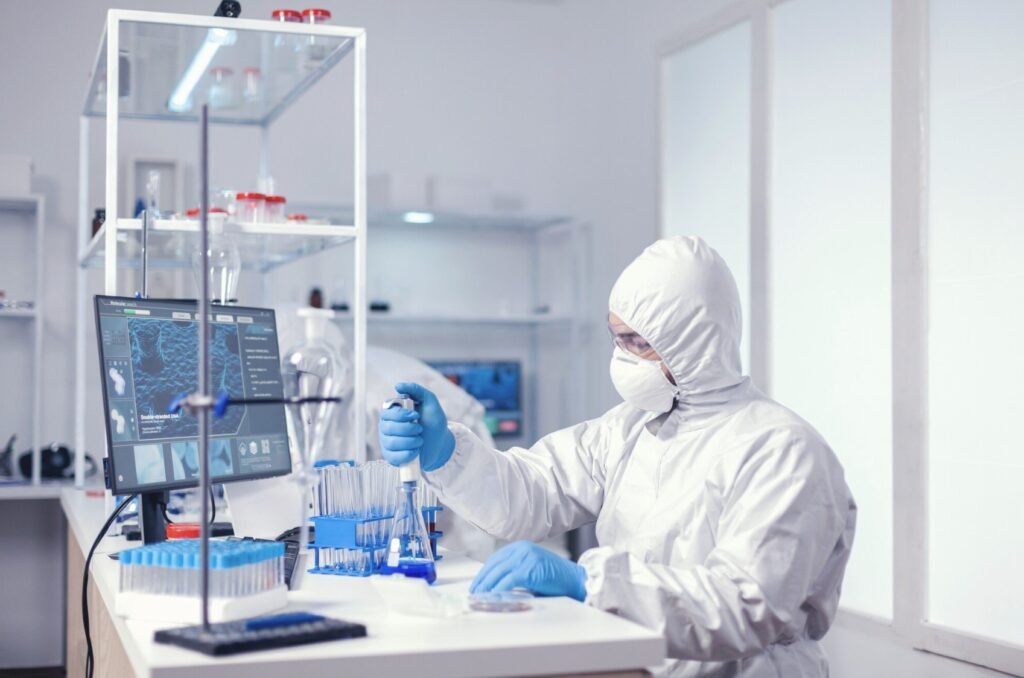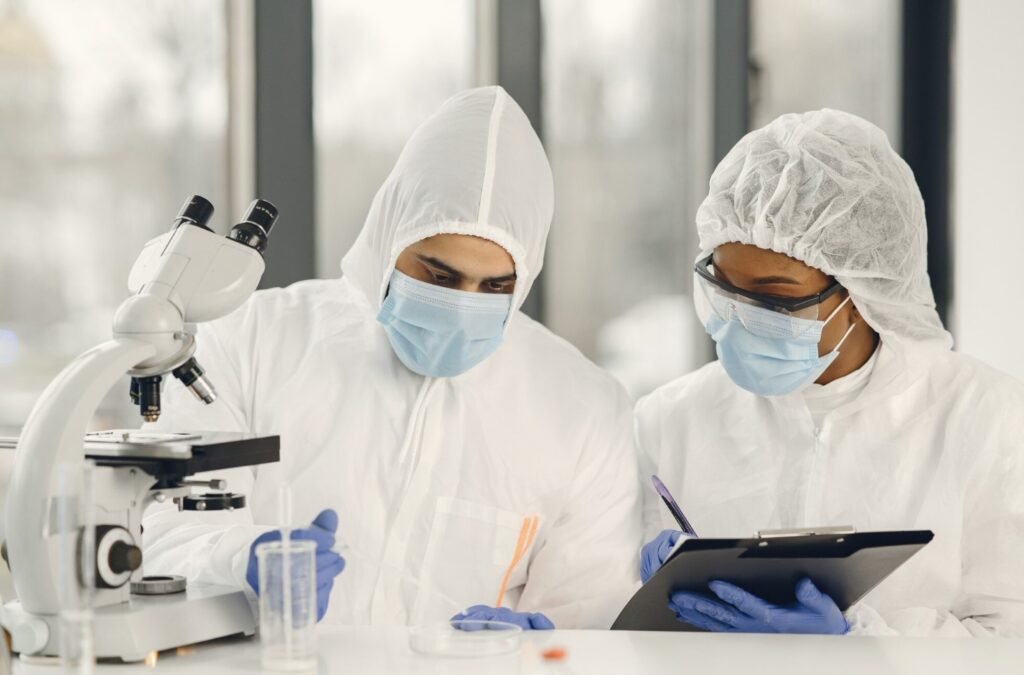The pharmaceutical manufacturing landscape is on the brink of a transformation. With the rapid advancement of technology, changing healthcare needs, and the growing demand for efficient and effective pharmaceuticals, the industry is primed for a revolution. Innovation is the driving force behind this evolution, and it is set to reshape the future of pharmaceutical manufacturing
A Prescription for Progress
In the pharmaceutical industry, innovation is more than just a buzzword; it’s a lifeline. From developing new medications to improving existing ones, innovation plays a pivotal role in addressing the ever-changing healthcare challenges.
Advancements in Technology
The integration of cutting-edge technologies is at the forefront of innovation in pharmaceutical manufacturing. Here are some key areas where technology is driving progress:
- Artificial Intelligence (AI): AI and machine learning are enhancing drug discovery by analyzing vast datasets and predicting potential drug candidates faster and more accurately.
- Automation: Automated systems are streamlining manufacturing processes, reducing errors, and increasing efficiency. This leads to shorter production timelines and cost savings.
- 3D Printing: This innovative technology allows for the creation of personalized medicines, offering tailor-made solutions for patients.
- Blockchain: Blockchain technology ensures transparency and traceability in the supply chain, preventing counterfeit drugs and improving safety.
Innovation often thrives in a collaborative environment. Pharmaceutical companies are increasingly forming partnerships with research institutions, universities, and other pharmaceutical manufacturers.
Sustainability and Green Manufacturing
Innovation in pharmaceutical manufacturing extends beyond the laboratory and production floor. Sustainable practices and green manufacturing have become integral to the industry’s future:
- Reducing Environmental Impact: Pharmaceutical companies are implementing eco-friendly processes to reduce waste and minimize their carbon footprint.
- Green Chemistry: The development of greener synthetic routes for pharmaceuticals is not only eco-friendly but often leads to cost savings.
- Responsible Sourcing: Ethical sourcing of raw materials, such as plant-based compounds, ensures that natural resources are used responsibly.
- Energy Efficiency: The adoption of energy-efficient technologies reduces greenhouse gas emissions and lowers operating costs.
Collaborations and Partnerships
Innovation often thrives in a collaborative environment. Pharmaceutical companies are increasingly forming partnerships with research institutions, universities, and other pharmaceutical manufacturers. These collaborations foster knowledge sharing, expand research capabilities, and speed up the development of new treatments.
It’s a future where complex diseases are better understood and treated, where patients experience fewer side effects, and where the pharmaceutical industry operates responsibly and sustainably.
Innovative pharmaceutical manufacturing holds the promise of a brighter future, where healthcare is not just curative but also preventative, personalized, and accessible to all. It’s a future where complex diseases are better understood and treated, where patients experience fewer side effects, and where the pharmaceutical industry operates responsibly and sustainably.
The future of pharmaceutical manufacturing is a journey filled with innovation and possibilities. As technology continues to evolve, it’s essential for pharmaceutical companies to embrace innovation, adapt to change, and invest in research and development. By doing so, they contribute not only to the advancement of healthcare but also to the betterment of society as a whole. The pharmaceutical industry, as a beacon of innovation, is committed to embracing the challenges and opportunities that lie ahead, making healthcare more effective and accessible for everyone.



